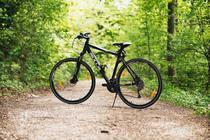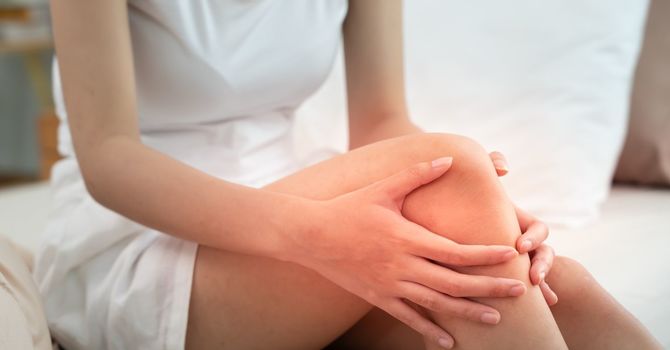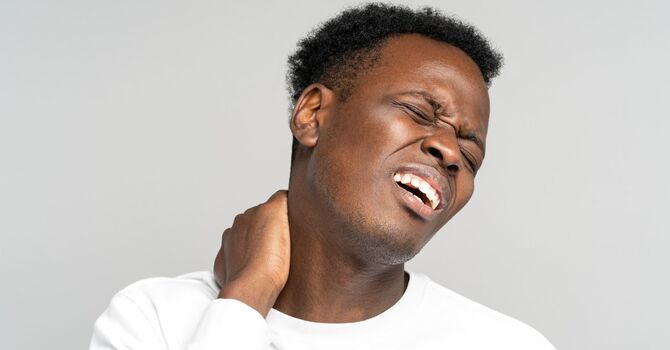
Biking is a fun and healthy way to get around, but it can be dangerous.
While biking has many benefits, it also comes with risks. Every year thousands of people are injured while riding their bikes, and hundreds die in bike accidents. Many of these injuries could have been prevented if the biker had taken precautions before hitting the road.
To help you stay safe on your next ride we’ve collected some tips from professionals that will reduce your chances of being involved in an accident or getting hurt while out on a bike ride.
These safety measures may seem simple, but they will make all the difference when you find yourself in a situation where something goes wrong on your bike trip!
To make sure you have the best experience and avoid injury, you’ll want to follow these eight tips to get the most out of your bike riding experience.
Wear a helmet - Wearing a helmet when biking can reduce your risk of a head injury by 85%. So, wear your helmet every time you ride, even if it’s a short ride.
It's not about looking good (though some helmets do look great); it's about staying safe!
Head injuries can happen fromThis is especially important for kids, as their brain is still developing. So next time you ride, grab your helmet and secure it properly!
Stay hydrated - Make sure you are drinking water before, during, and after your ride. Especially with extremely hot weather, you’ll want to be sure you stay hydrated. If your bike allows, bring along a water bottle. For more tips on staying hydrated check out this infographic.
If we do not consume enough water each day, our body will struggle to work at an optimal level. Not having enough water is linked to a multitude of problems that will wreck your ride, from headaches
• Lightheadedness
• Extreme thirst
• Confusion
• Fatigue
• Muscle cramps
Make sure you take some water with you for your ride.
Fit your bike to your body - There's nothing worse than a bike that's not working for your body. You may be bent over too much or your seat is too low and it's tough to pedal.
Proper adjustment of your bicycle helps to minimize fatigue, discomfort, and overuse injury. Make sure you are choosing the right bike size, stem height, and saddle height for maximum comfort.
Your stem height should be somewhere between parallel and 1" lower than the top of your saddle. A general rule of thumb for selecting the proper stem offset is to place your elbow on the nose of your seat and stretch your arm forward over the stem. The tips of your fingers should touch your handlebars.
Don't skimp out on your seat. Did you know that padded bicycle shorts are the single most important piece of clothing for long rides. The heart can only enjoy what the rear end can endure! Translated: If you bum is sore because of an uncomfortable seat, you're not going to enjoy your ride.
Check out more detailed guidelines for adjusting your bike in this infographic.
Ride with traffic, never against it - It could make sense that riding against traffic lets you see oncoming traffic. However, one study found that cyclists traveling against the direction of traffic were 3.6 times more likely to be in a crash than those traveling with traffic. So next time you are biking, make sure you are on the correct side of the road!
Be on the lookout for road hazards - Loose gravel, ice, sand, puddles, and other road hazards can cause injury when you aren’t alert. Having adequate time to slow down should help you get through those pitfalls safely, so make sure you have your eyes on the road!
Stay Visible - Make sure you're easy to spot by wearing bright colors - When biking at night, make sure you have the reflectors on your bike so cars will see you.
Use Signals - Let other vehicles know what you plan on doing by using hand signals to show drivers what you plan to do next; know how to swerve safely if needed. Make sure you stop at intersections and be sure to pause before turn right or left - You need room to make a wide arc around the corner without crashing into any nearby cars. Nothing will wreck a ride like a brush up with a vehicle or even running into them.
Keep your bike in good shape - Regularly check and maintain the following parts of your bike: air pressure, chain length, brakes, rims and tires. It’s important to make sure that you have a well-maintained bicycle. A poorly maintained bike can be more dangerous because it may not brake properly or roll smoothly.
That may feel like a lot to think about but these tips will take away any anxiety about your trip and ensure you have a pleasant experience on your bike.
So next time you get on your bike, make sure you are following these tips! And if you do end up with an injury, give our office a call. We can help with common cycling complaints ranging from neck tightness to knee pain.
If you are finding yourself in pain when you ride or just need someone to take a look at something that is keeping you from enjoying the outdoors in any way, schedule an appointment with us.
We'd love to see you and help you enjoy the roads on your bike.





